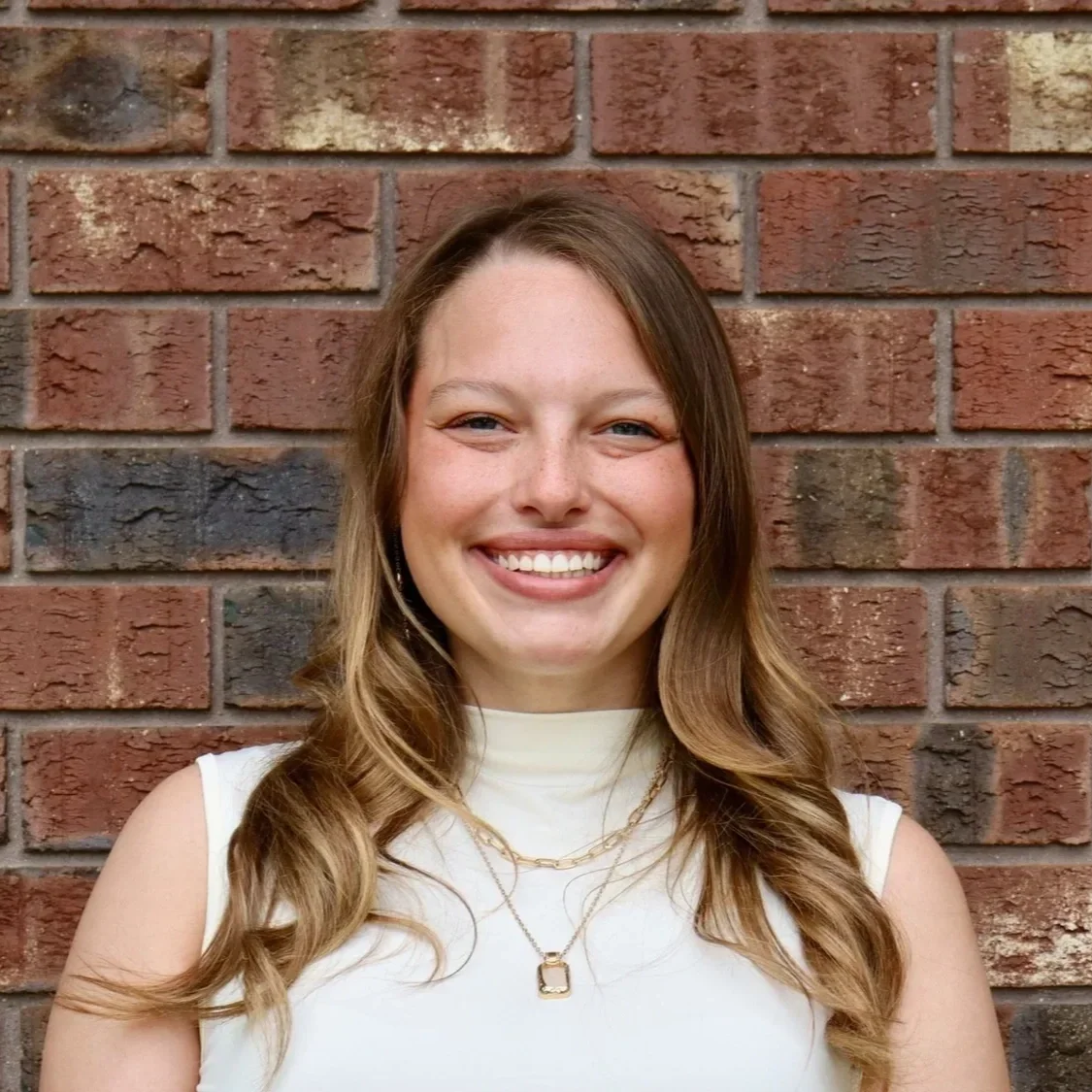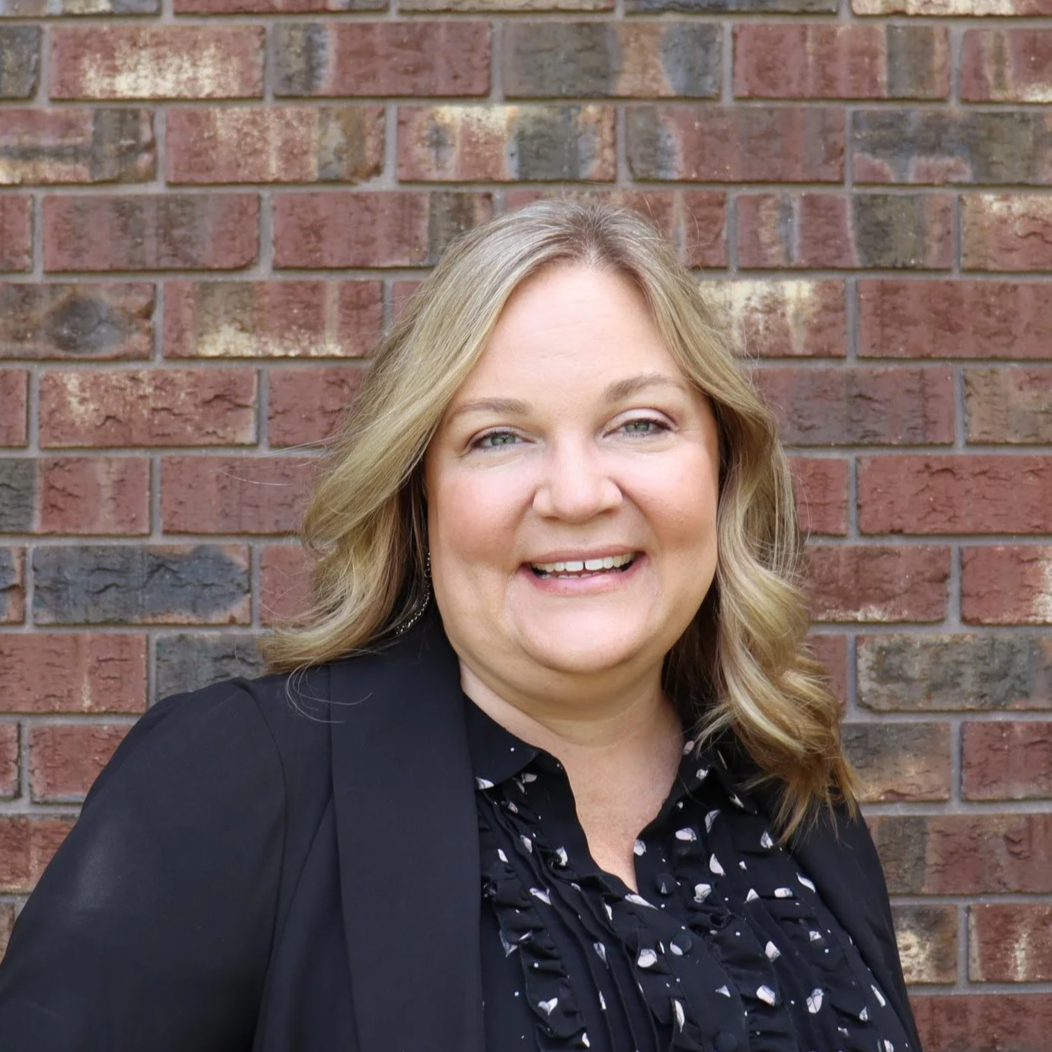
DEPRESSION
It's not a sign of weakness to ask for help. It's a sign of strength.
You don’t have to go through this alone. If you're feeling overwhelmed, disconnected, or just not like yourself, help is available—and healing is possible.
At Summit Family Therapy, we offer personalized, research-backed treatment for depression in a caring and judgment-free environment. Our licensed therapists are here to listen, support, and guide you toward lasting change.

"The darkest hour is just before the dawn."
- William Shakespeare
How can we help?
Comprehensive Assessment
We begin by getting to know you—your experiences, challenges, and goals. Understanding your unique story is the first step toward effective treatment.
Tailored Treatment Plans
There’s no one-size-fits-all approach to healing. We’ll work with you to create a personalized plan that may include individual therapy, family support, lifestyle guidance, or coordination with medical providers.
Proven Therapies That Work
Our clinicians are trained in evidence-based modalities such as Cognitive Behavioral Therapy (CBT), Mindfulness-Based Therapy, and Interpersonal Therapy—methods proven to reduce symptoms and build resilience.
Support Every Step of the Way
Whether you're just beginning or continuing your journey, you’ll receive ongoing support from a team that truly cares.
Signs of Depression We Commonly Treat
Persistent sadness, emptiness, or hopelessness
Loss of interest in things you used to enjoy
Changes in sleep or appetite
Difficulty concentrating or making decisions
Feelings of guilt, shame, or worthlessness
Fatigue or low energy
Thoughts of self-harm or suicide
If these symptoms sound familiar, know that you are not alone—and things can get better.

Just a reminder: it is NOT selfish to put your recovery first.
Rather, it’s necessary in order to make sure that everything else doesn’t come last.
Understanding Depression Treatment: What You Need to Know
Depression is more than just feeling sad. It’s a serious—but treatable—mental health condition that affects how you think, feel, and function. The good news is: you don’t have to stay stuck in it. With the right treatment and support, most people with depression can and do get better.
Here’s what you should know about how depression is treated:
Depression Is Treatable
Depression responds well to a range of treatment options. With professional help, most people experience significant improvement—and many recover fully. The key is finding the right approach for your unique needs.
Common Types of Treatment
Psychotherapy (Talk Therapy)
Therapy helps you understand what’s contributing to your depression and gives you tools to manage it. Some common evidence-based therapies include:
Cognitive Behavioral Therapy (CBT): Helps identify and change negative thought patterns and behaviors.
Interpersonal Therapy (IPT): Focuses on improving relationship dynamics and social functioning.
Mindfulness-Based Therapy: Encourages present-moment awareness and acceptance.
Psychodynamic Therapy: Explores how past experiences may be influencing current emotional struggles.
Therapy can be short-term or long-term, depending on your goals and needs.
Medication
In some cases, antidepressant medications may be recommended—especially for moderate to severe depression. These can help correct chemical imbalances in the brain that affect mood and energy.
Medication is often most effective when combined with therapy, and should always be prescribed and monitored by a qualified medical provider. Our staff can assist you with a referral for medication management.
Lifestyle & Supportive Approaches
Small daily changes can make a big impact on mood and recovery, such as:
Getting regular sleep
Staying physically active
Eating balanced, nourishing meals
Reducing alcohol or drug use
Building social support
Practicing self-compassion and stress reduction techniques
Counselors who work with Depression:
Brandon Hovey, MA Licensed Clinical Professional Counselor
Britny Wallace, BA Counseling Intern
Dr. Courtney Stivers, PhD Licensed Marriage & Family Therapist
Erica Ray, MEd Licensed Clinical Professional Counselor
Hannah Dobson, MA Associate Licensed Marriage & Family Therapist
Jayshree Panchal, MA Licensed Clinical Professional Counselor
Julie Cummings, MSW
Licensed Clinical Social Worker
Registered Nurse
Kate Mills, MA Licensed Clinical Professional Counselor
Linda Cherry, MS Licensed Clinical Professional Counselor
Nathaniel Oldenburg, MA Licensed Clinical Professional Counselor
Regina Bridges, MA Licensed Clinical Professional Counselor
Shelly Hart, MA Licensed Professional Counselor
Robin Hayles, MA Licensed Clinical Professional Counselor
Ryan Stivers, PhD Licensed Marriage & Family Therapist
Everyone’s Healing Journey Is Different
There’s no “one-size-fits-all” path out of depression. What works for one person might not work for another. That’s why treatment should be personalized—and it often takes some time and adjustment to find what works best for you.
It’s okay to ask questions, give feedback, and be open about what you’re experiencing during the process.
Getting Help Is a Sign of Strength, Not Weakness
Seeking support isn’t a failure—it’s an act of courage. Depression can make everything feel harder, including asking for help. But the sooner you reach out, the sooner healing can begin.
Whether it’s through therapy, medication, community support, or a combination, you are not alone—and help is available.
Our team specializes in helping individuals and families navigate depression with compassion, expertise, and personalized care. You don’t have to go through this alone.























